We used a high-speed digital Photron that can film at 2,000 frames per second to capture the shark leaping out of the water to grab a seal,' explains Earth director Alastair Fothergill.
'The action only lasted a second, but because we stored the image on a laptop computer we were able to slow it down by up to 40 times, which means in the film it lasts about 45 seconds.'
This is just one of many stunning nature shots captured using high-definition (HD) technology in the BBC Worldwide/Greenlight Media nature documentary film Earth, which opened in UK cinemas on November 16 through Lionsgate UK.
Shot over five years in more than 200 locations worldwide and using 40 cameramen, the film took a monumental effort and meant experimenting with cameras never before used in nature documentary film-making.
'We were guinea-pigging the technology from the start,' says Jeff Wilson, Earth's field director. 'It was a steep learning curve. We had to test $100,000 worth of equipment in locations as diverse as the Gobi desert at -30C and the Afar desert at 40C.'
In an effort to distinguish the film from the popular BBC television series Planet Earth, which used some of the same footage and paid for the time in the field, Earth's directors, Mark Linfield and Fothergill, decided to create a proper story following the migration paths of a family of polar bears, African elephants and humpback whales, and replaced renowned narrator and presenter David Attenborough with Patrick Stewart 'to bring more of a Hollywood-type voice and weight to the project,' says producer Alix Tidmarsh.
The imagery is stunning. Aerial shots of wolves hunting, humpback whales migrating through rough seas, and polar bears stranded on ice are particularly impressive thanks to the use of the Cineflex Camera Stabilisation System attached to the nose of a helicopter and controlled by a joystick.
This allowed the film-makers to shoot from four times higher than normal using a lens four times more powerful than a 35mm camera, so as not to disturb the animals.
These efforts to capture the perfect shots came at a cost. The television series and film together cost $47m to make - a staggering figure for any documentary project.
Looking ahead to future productions, the issue of costs will be particularly relevant in light of recent cutbacks at the BBC. Fothergill says: 'You have to plan for failure. The danger is you go for a big budget and promise the earth and then don't deliver.'






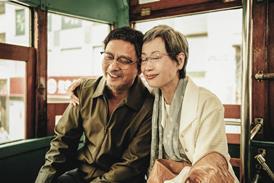
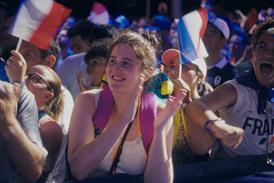




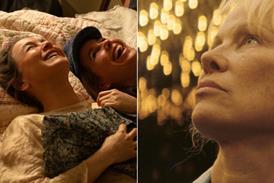
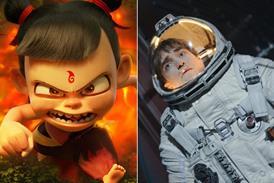
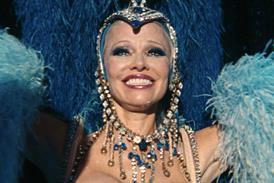







No comments yet